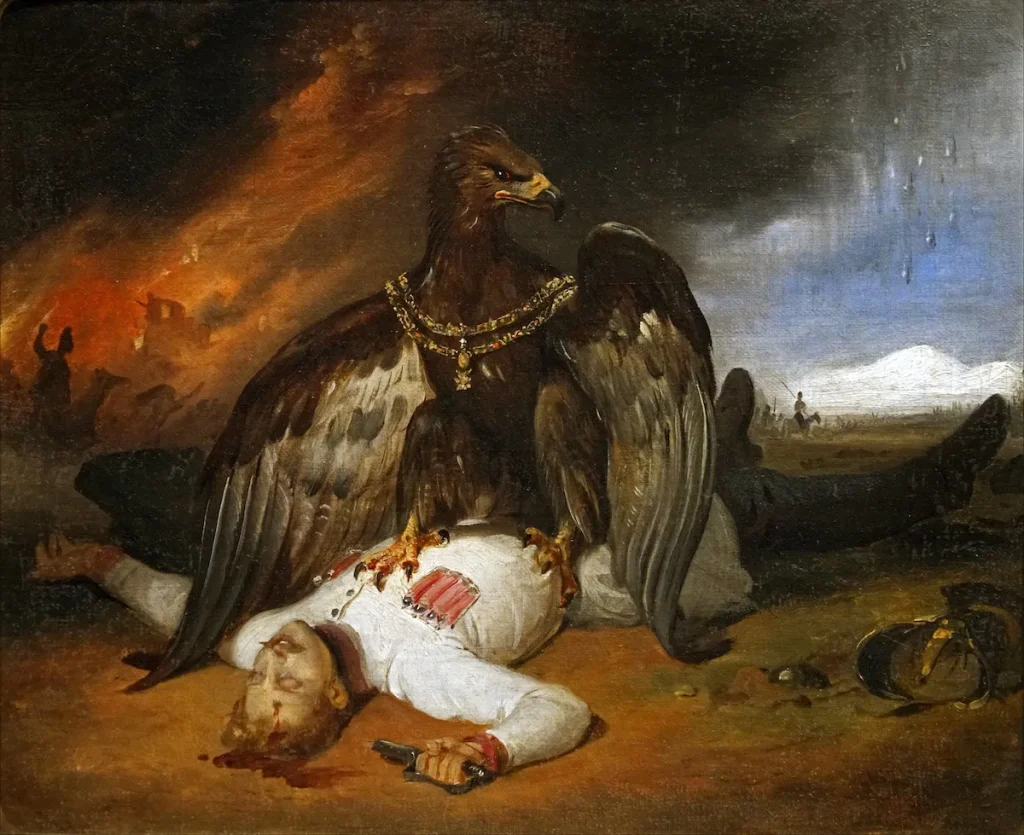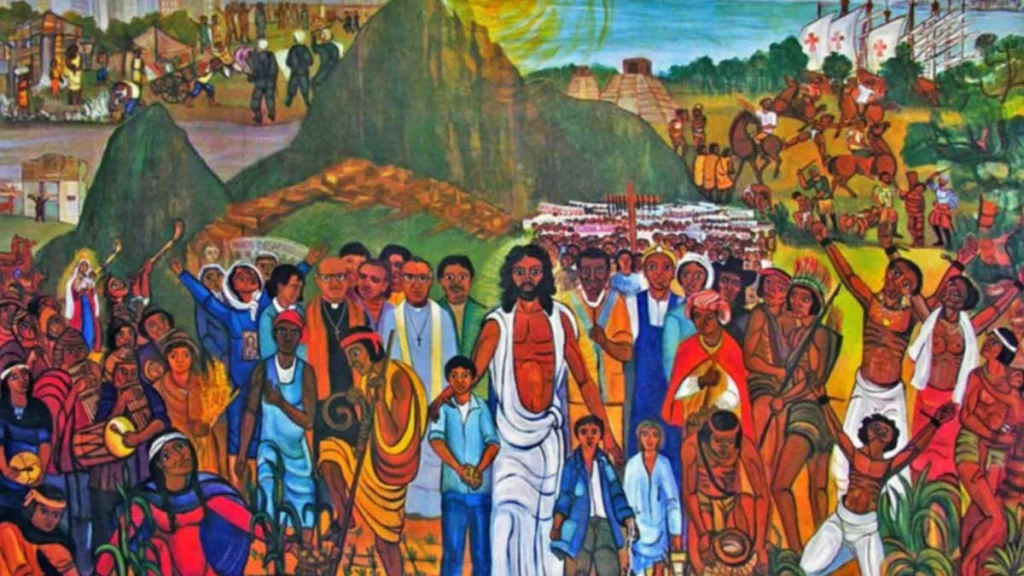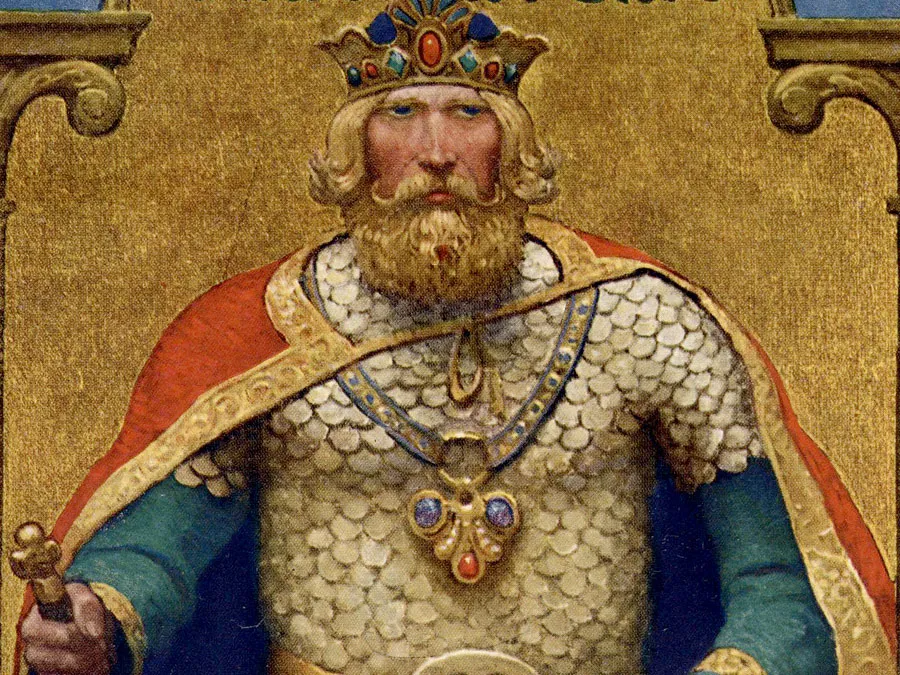On a hot summer day in 1855, a thin book appeared on a dusty shelf in a Brooklyn bookstore. Bound in green cloth with gilded letters and a portrait of the author pasted to the front, it had no publisher’s name, no author’s name on the cover—just a bold title: Leaves of Grass. Inside, the first line rang out like a trumpet: “I celebrate myself, and sing myself.” Few could have imagined that this mysterious, self-published volume would become one of the defining voices of American literature.
Its author was Walt Whitman, a former printer’s apprentice, journalist, teacher, and editor—an unclassical poet for an unclassical country. At a time when most American poets imitated European styles and traditions, Whitman threw all conventions to the wind. He didn’t write in neat rhymes or lofty forms. He didn’t wear the academic robe or the poet’s laurel. He walked the streets of New York, took ferries with workers, drank coffee with dockhands, and watched the world pass with open eyes. He wrote not as a distant observer, but as one of the people.
Whitman was born on May 31, 1819, in West Hills, Long Island. He grew up in a family of modest means—his father was a carpenter, his mother quiet and nurturing. He left school at age eleven to help support his large family, working in printing shops and teaching in rural schools. But books became his true companions. He read Shakespeare, Homer, the Bible, and newspapers with equal passion. By his twenties, he had drifted into journalism, editing the Brooklyn Eagle, where his political leanings leaned fiercely democratic and passionately individualist.
But it was poetry—wild, free, and unfiltered—that would be his life’s calling. And when he published Leaves of Grass, he poured everything he had into it. Not just his time and money, but his soul.
The book startled readers. There was no meter, no rhyme, no formal structure. Instead, Whitman delivered long, rolling lines like ocean waves, celebrating the body, the spirit, nature, labor, sexuality, democracy, and the American soul. He wrote not from the tower of culture but from the crowded streets of the Republic. And he dared to write himself into it—not as a detached poet, but as a living embodiment of the American experiment.
“I am large, I contain multitudes,” he wrote. And he did.
The critics were not kind. Some called the book obscene, chaotic, egotistical. Emerson, the great sage of American transcendentalism, sent Whitman a private letter praising it as “the most extraordinary piece of wit and wisdom that America has yet contributed.” But even he might have blanched at the poet’s decision to publish that praise in the next edition—without asking permission.
Undeterred, Whitman kept revising and republishing Leaves of Grass throughout his life. He would eventually issue nine editions, adding new poems, reshaping others, refining his vision. The book became a lifelong work-in-progress, a living document of his own growth—and of the country’s.
America, during Whitman’s lifetime, was a nation in turbulence. The country expanded westward, split over slavery, and tore itself apart in the Civil War. Through it all, Whitman remained a witness, and often, a healer. When war broke out, he didn’t take up a rifle—he went to the hospitals. In Washington D.C., he visited wounded soldiers, brought them treats, wrote letters to their families, and simply sat with them. For years, he was a constant presence in the Union hospitals, scribbling in notebooks by day and walking home, exhausted, by night.
Those experiences reshaped him. His poetry took on deeper tones of grief, compassion, and national reflection. In 1865, he wrote one of his most famous elegies: When Lilacs Last in the Dooryard Bloom’d, mourning the assassination of Abraham Lincoln. In it, Whitman fused personal sorrow with the sorrow of a nation—gathering together image, song, memory, and myth into something only he could have created.
If Leaves of Grass was a celebration of life, then Drum-Taps, his Civil War collection, was a meditation on death—and on the mystery that binds the two. Whitman’s genius lay not in grand philosophies, but in his embrace of contradiction, his reverence for ordinary people, and his fearless confrontation with the raw facts of existence.
He was never wealthy. He scraped by through clerical jobs, small patronage, and book sales. He never married. Rumors swirled about his sexuality, but he never confirmed or denied. He wrote of love, both physical and spiritual, with an openness rare for any time—and almost unheard of in his. His poems celebrated the male body, comradeship, and desire in ways that would only much later be fully understood. He did not explain himself. He simply offered the poem.
As the years wore on, Whitman became a kind of American prophet. His beard grew long, his voice grew softer, and visitors came from across the globe to meet the poet of democracy. In Camden, New Jersey, where he spent his final years, he lived in a modest house surrounded by papers, memories, and fans. He was poor, often in poor health, but never without conviction.
When he died in 1892, he left behind a final edition of Leaves of Grass—the “deathbed edition,” as it came to be called. By then, his reputation had begun to turn. Younger poets like Oscar Wilde, D.H. Lawrence, and Ezra Pound would hail him as a revolutionary. American poets like Langston Hughes, Allen Ginsberg, and Mary Oliver would trace their roots back to him. Even in song, from Bob Dylan to Bruce Springsteen, echoes of Whitman’s cadences—his long, lyrical embrace of the road, the land, the soul—would be heard.
But Whitman’s legacy is not merely poetic. It is philosophical, national, human. He wrote not for the elite, but for “mechanics, boatmen, farmers, and common people.” He believed that poetry should not exclude anyone. He believed that the body and the soul were holy, that all people had worth, and that the United States—diverse, sprawling, contradictory—was itself a kind of poem.
More than a century later, Whitman’s voice still calls out from the pages of Leaves of Grass, fresh and irreverent and full of life. He reminds us that the American experiment was not just a political one—but a spiritual one. That to be American was to strive, to struggle, to sing.
“Failing to fetch me at first keep encouraged,” he wrote. “Missing me one place search another, / I stop somewhere waiting for you.”
And somewhere, between the blades of grass, the hospital wards, the ferry boats, and the wide-open roads of this continent, Walt Whitman still waits—bearded, barefoot, and eternal.










































